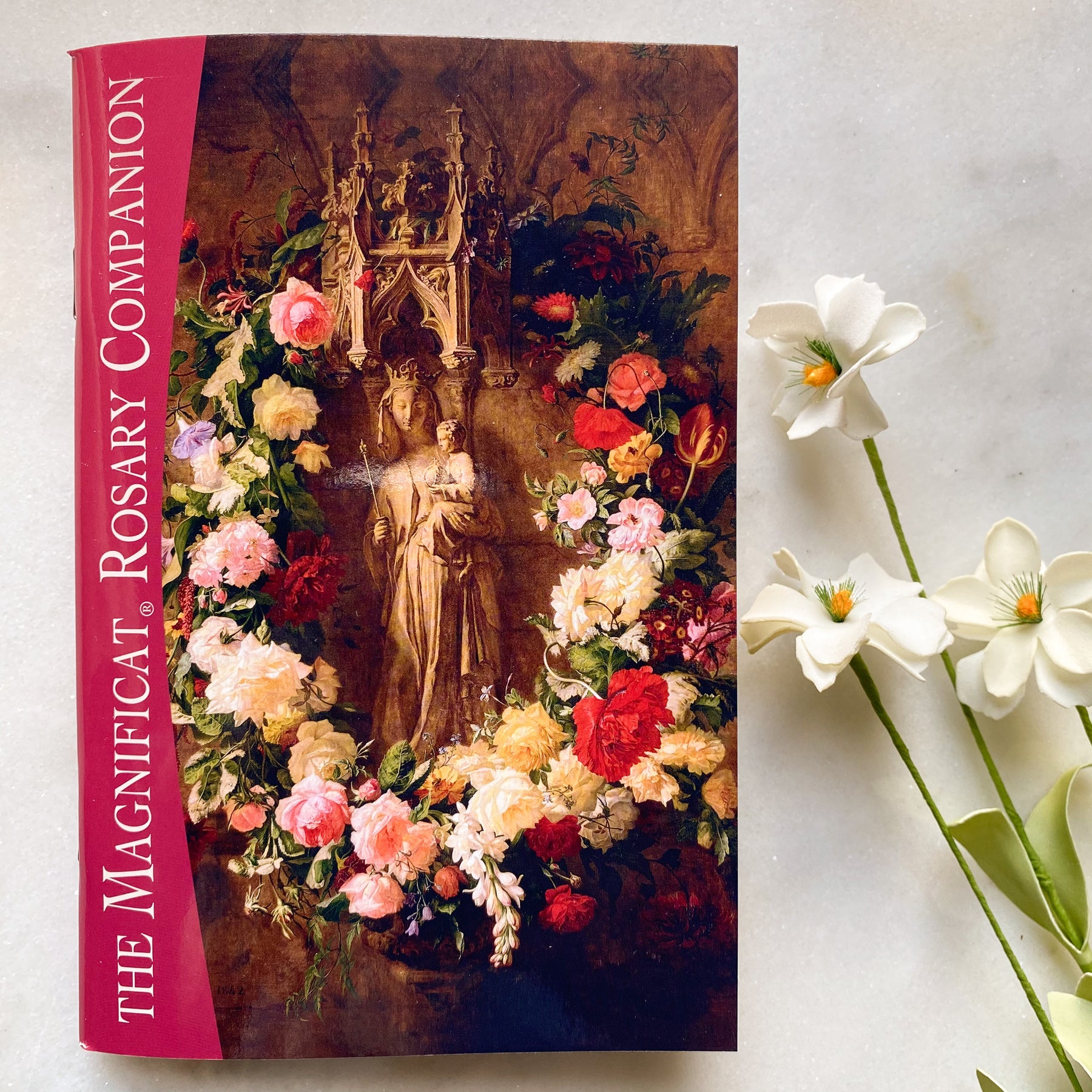
Reducing the costs of isolation by building alternative supply chains and developing local technologies would take time. This will result in an increased isolation abroad and in attempts to cut China off from critical supply chains.

The rise of ideologic orthodoxy will affect China’s governance capability and lead to a harsher confrontation with democracies – which represent the biggest share of the world’s economy. China’s doorlock has two keys: a domestic one and a foreign one, with Xi only able to hold one of them.

If he fails, China’s capacity to innovate at the time of reduced access to foreign technology could suffer serious damage.Ĭhina’s openness and integration with the world economy are no longer a given today, pursuing both depends on a deliberate political choice, in Beijing as well as in other countries. At the same time, he must find a way to challenge the existing world order while finding new friends and securing access to foreign capitals, technologies, and markets. Xi Jinping will have to strike a new balance between his will to impose a tighter political control over China at a time of major uncertainties, and the need to allow new ideas to circulate and private economic activity to prosper in order to boost local innovation. Isolation and, worse, closure, does not fit a global power. Xi Jinping is aware of this trend, and is hunting for new partners who share his anti-Western worldview through fora such as the BRICS Summit and the Shanghai Cooperation Organisation (SCO). In addition, the pandemic and the war in Ukraine have taught the world that too much interdependence is harmful, especially if asymmetric, and “decoupling” and “friend-shoring” are becoming new catchwords. As a consequence, human rights will matter more in international trade (at least when the partner is China). The European Union is raising new shields against China’s economic competition, and has adopted new regulations on anti-coercion and forced labour. The US is now building structural partnerships to contain China and limiting exports of critical technology (and, perhaps, capitals) under the “democracies vs autocracies” flag. Too much of a focus on ideology could severely affect China’s governance and decrease room for new ideas. Will Xi Jinping be celebrated as a new “Great Helmsman”? Will the cadres be selected mainly because of their relations with him, as well as their faithful adherence to Xi Jinping’s thought? These decisions matter because selecting new cadres for their ideological orthodoxy, rather than for their competence, might undermine China's capacity to deal with current, and future, crises. The upcoming Congress won’t only pick the Politburo’s most relevant members: it will both display Xi Jinping’s real strength on the world stage, and reveal the degree of centrality ideology holds for China’s current leadership. Will Xi Jinping be able to go beyond minimizing losses for the Chinese economy? All of these elements are affecting the mobility of people, capitals, goods, and ideas, which had secured China's post-1978 economic success. However, Covid-19 travel restrictions, the spread of a domestic ideological orthodoxy, and the increasing international fragmentation where most countries have no choice but to pick sides, have abruptly put a halt to this trend.

During the last four decades, China has increased its integration with the world. The future of Beijing’s domestic and foreign policy will depend on one issue: openness. The upcoming 20th Congress of the Chinese Communist Party (CCP), held on the backdrop of the Ukraine war's dramatic global impact, will shape China’s policies for the next decade. 2022 will be remembered as a watershed year for China.


 0 kommentar(er)
0 kommentar(er)
